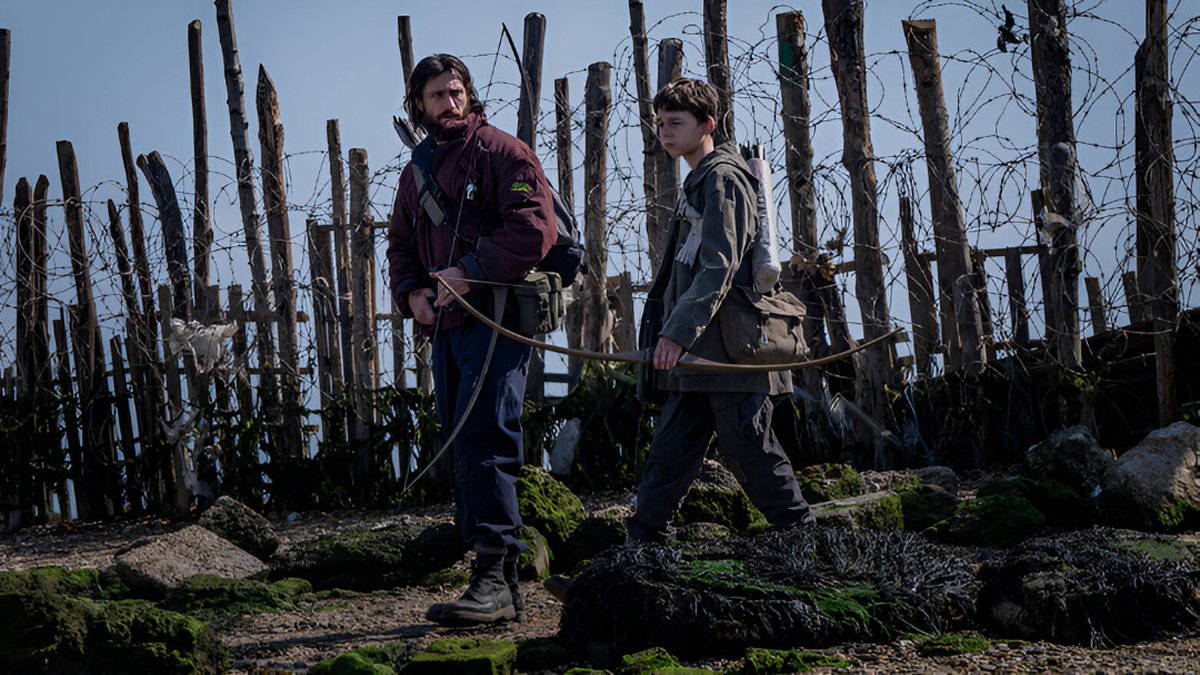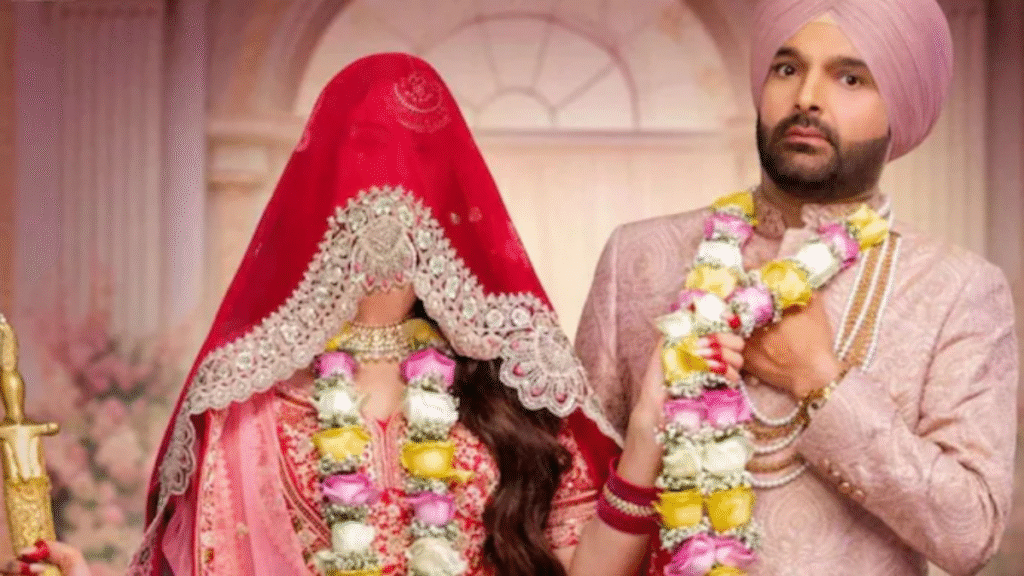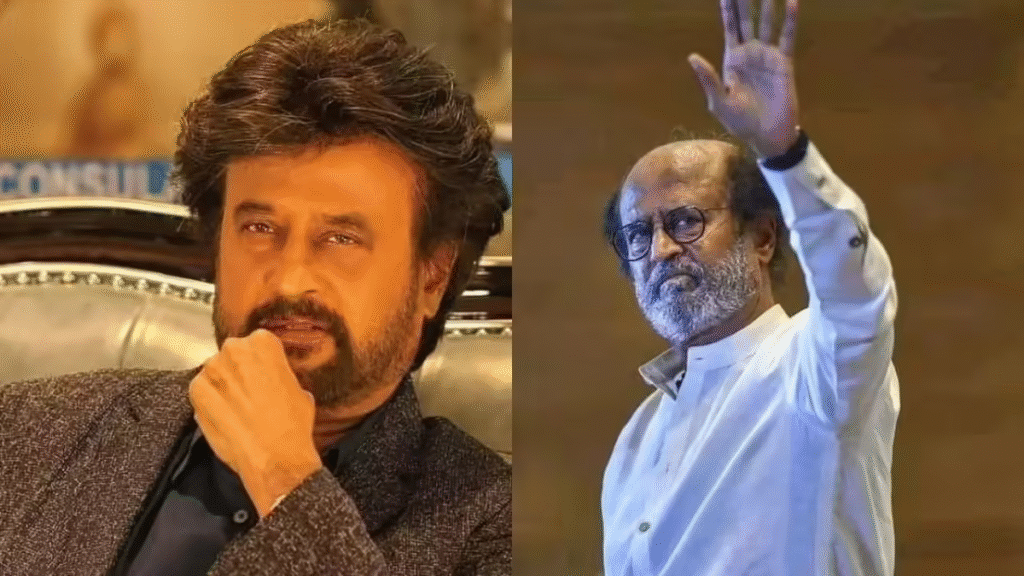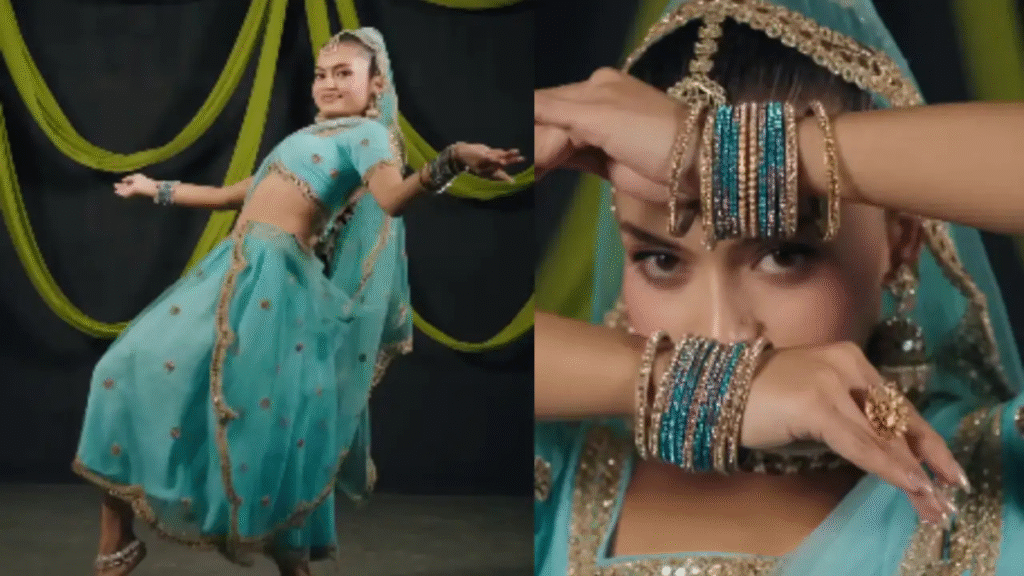Now Reading: You’d never make Slumdog today’: Danny Boyle on risks, regrets and returning to the undead
-
01
You’d never make Slumdog today’: Danny Boyle on risks, regrets and returning to the undead
You’d never make Slumdog today’: Danny Boyle on risks, regrets and returning to the undead

Danny Boyle, the visionary director behind cinematic touchstones like Trainspotting, 28 Days Later, and the Oscar-winning Slumdog Millionaire, recently offered a candid reflection on the changing landscape of filmmaking, the inherent risks involved in his craft, and his upcoming return to the zombie genre. In a revealing interview, Boyle expressed a poignant observation that his critically acclaimed 2008 film, Slumdog Millionaire, a rags-to-riches story set in the bustling slums of Mumbai, would likely struggle to be made in today’s cinematic climate.
“You’d never make Slumdog today,” Boyle stated, a sentiment that speaks volumes about the increased scrutiny and altered sensibilities within the film industry. He elaborated on the film’s premise, which, despite its celebratory message of hope and resilience, involved navigating potentially sensitive cultural depictions. In an era where authenticity, representation, and the potential for cultural appropriation are intensely debated, Boyle acknowledges that a Western filmmaker’s portrayal of such a specific and often marginalized community might face significant headwinds. The film’s success lay in its genuine empathy and vibrant energy, but the director suggests that the contemporary emphasis on “own voices” and the heightened awareness around cultural narratives might deem such a project problematic without very specific and arguably more localized creative control.
Boyle’s career has been defined by a willingness to take risks. From the gritty, drug-fueled realism of Trainspotting to the groundbreaking horror of 28 Days Later, he has consistently pushed boundaries and challenged audience expectations. This inherent risk-taking, he admits, inevitably leads to regrets. While he didn’t specify particular projects, it’s clear that the creative journey is rarely without its missteps or moments of self-doubt. This candidness offers a refreshing perspective from a director often lauded for his successes, reminding us that even the most celebrated artists grapple with the complexities of their work.
Looking ahead, Boyle is set to revisit familiar territory, confirming his return to the undead genre that he revolutionized with 28 Days Later. While details remain scarce, the prospect of Boyle once again tackling zombies is exhilarating for fans. 28 Days Later wasn’t just a horror film; it was a socio-political commentary, a visceral exploration of human nature under duress, and a masterclass in atmospheric tension. His return suggests a fresh perspective on the genre, perhaps delving into new anxieties or societal reflections. Given his propensity for innovation, it’s unlikely to be a straightforward sequel but rather a reinterpretation or expansion of themes he previously explored.
Boyle’s reflections offer a valuable insight into the evolving nature of filmmaking. The industry is in a constant state of flux, shaped by technological advancements, shifting cultural norms, and a growing global consciousness. His observation about Slumdog Millionaire serves as a potent reminder of how quickly the creative landscape can change, demanding that filmmakers adapt while still striving for originality and impact. As Boyle embarks on his next cinematic endeavor, his willingness to embrace risks and learn from the past ensures that his work will continue to be as thought-provoking and compelling as ever.










